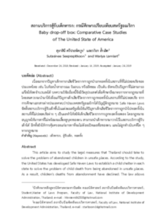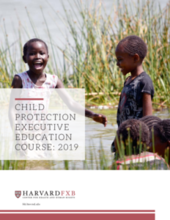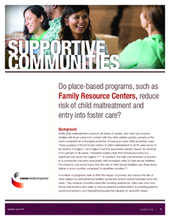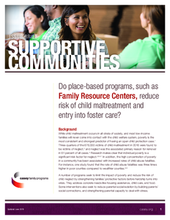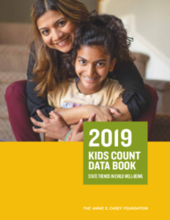This page contains documents and other resources related to children's care in the Americas. Browse resources by region, country, or category.
Displaying 1341 - 1350 of 3191
This article aims to study the legal measures that Thailand should take to solve the problem of abandoned children in unsafe places.
The Child Protection Executive Education Course (CPEEC) offered by the Harvard FXB Center for Health and Human Rights is designed for mid-career professionals who are engaged in the protection of and response to children vulnerable to abuse, violence exploitation and neglect.
This article from Quartz explores the work of "a trail-blazing and controversial group of scientists, pediatricians, and community leaders" trying to address the impacts of early stress and adversity on children's development and identify "ways to detect which infants are experiencing the effects of stress, and which babies are more resilient" in an effort to "help direct very limited resources to the kids who need it most."
This issue brief addresses the following questions: What are family resource centers? What are the defining characteristics of a family resource center? What do we know about the effectiveness of family resource centers in reducing child welfare involvement? What is the return on investment? What is missing from the research literature?
This issue brief describes family resource centers, their defining characteristics, and what is known about their effectiveness in reducing child welfare involvement. The brief also discusses return on investment and what is missing from the research literature.
This Data Book from the Annie E. Casey Foundation explores how the child population, and childhood experience, of the US has changed since 1990. It also presents national and state data on 16 indicators of child well-being across four domains — health, education, family and community and economic well-being.
UNICEF El Salvador busca un consultor/a nacional con conocimientos y experiencia en las materias penal, de familia y niñez, que pueda liderar la formulación de la propuesta de armonización normativa.
In this blog post for Medium, Sarah Gesiriech, the U.S. Government Special Advisor on Children in Adversity, shares the U.S. Government's whole-of-government commitment to investing in the development, care, dignity, and safety of the world’s most vulnerable children as laid out in Advancing Protection and Care for Children in Adversity: A U.S. Government Strategy for International Assistance (APCCA). "The best investment a country can make to eliminate extreme poverty, boost economic growth, and promote a peaceful society is to invest in its children. When the family unit is strong, all other goals and outcomes for children are well within reach," says Gesiriech.
The aim of this article is to examine the relationship between the timing and chronicity of neglect during childhood and substance use in early adulthood.
This study was aimed at assessing whether the Journey Up Mentorship Program in Salt Lake City improved outcomes for those aging out of foster care in the US state of Utah.


